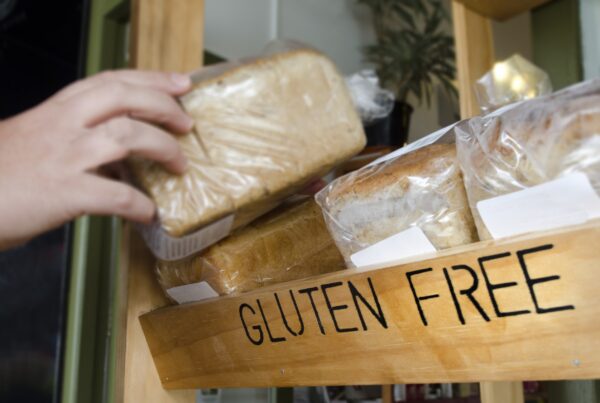
The Gluten Free Diet: Bad or Good?
January 22, 2022
The Gluten Free Diet: Bad or Good?
Diet is known to affect the gut microbiome, the ecosystem of helpful bacteria that lives…



Recent Comments